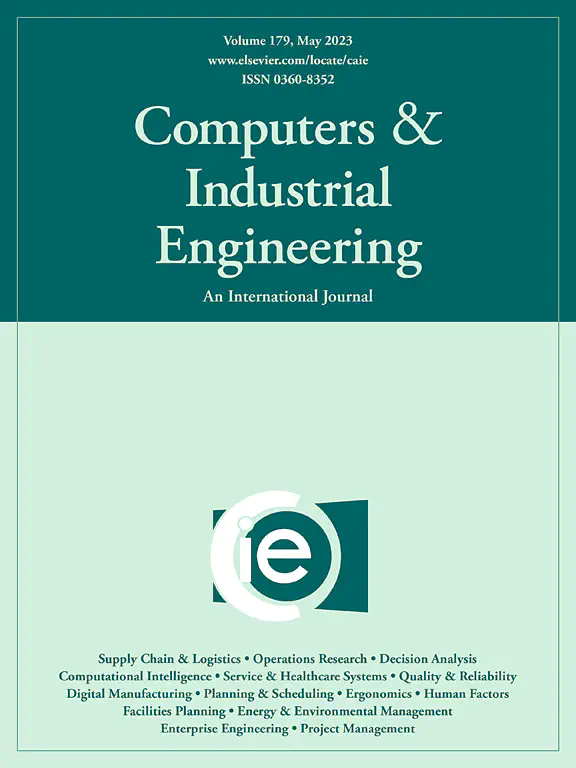A two-stage stochastic programming model for periodic replenishment control system under demand uncertainty

Abstract
The inventory control system consists of defining strategies to manage inventory replenishment such that costs involved in ordering, holding, and meeting the demands are optimized. Although several methods for inventory management are proposed in the literature, the assumptions made necessary can hinder their applicability in practice. Motivated by this fact, we propose a methodology for determining the optimal parameters of an inventory control system for single-item one-echelon supply chains using two-stage stochastic programming, considering periodic review and uncertain demand. The proposed approach is flexible enough to consider backlogs or lost sales cases without limitations on the number of outstanding orders and allows the consideration of uncertainties in a more comprehensive manner when compared to currently available methods. The optimal review periodicity and the inventory target level are determined using a nonlinear mixed-integer programming model, which takes into account the uncertain nature of the item demand levels through a finite set of scenarios. We present how this model can be reformulated as a deterministic equivalent mixed-integer linear programing model and how the Sample Average Approximation method can be used to incorporate the uncertainty into it. To validate the proposed approach, we perform a simulation-based sensitivity analysis in the neighborhood of the solutions obtained. We also compare them with those obtained applying the Hadley-Whitin method, considering the premises that are necessary for the later. Further, we present results from a case in which the stochastic demand is not stationary. The results obtained provide strong evidence of the potential of the proposed approach.